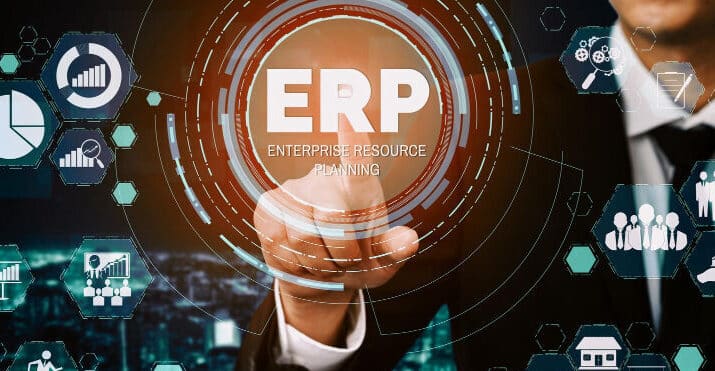Unlocking Efficiency: How an ERP System Can Transform Your Business Operations
In the quest for operational excellence, businesses are increasingly turning to innovative technologies to streamline their processes and boost productivity. Among these technologies, Enterprise Resource Planning (ERP) systems stand out as a transformative solution. By integrating various business functions into a single, cohesive platform, an ERP system can unlock unparalleled efficiency and revolutionize how a company operates. This blog delves into how an ERP system can fundamentally transform your business operations, driving both efficiency and effectiveness.
An ERP system is designed to unify different business processes—such as finance, human resources, supply chain management, and customer relationship management—into one comprehensive platform. This integration eliminates the need for disparate software solutions and manual data entry, enabling seamless data flow and communication across departments. By automating routine tasks like invoicing, inventory management, and payroll, an ERP system allows employees to redirect their efforts toward more strategic activities. This shift not only accelerates processes but also minimizes the risk of human error, leading to more accurate and reliable outcomes.
One of the most significant benefits of an ERP system is its ability to provide enhanced data visibility. With a centralized platform offering real-time access to critical information, businesses can gain valuable insights into every facet of their operations. This visibility facilitates better forecasting, more accurate reporting, and timely decision-making, enabling companies to respond swiftly to changing market conditions. The ability to track and analyze data in real-time also supports proactive management, helping businesses identify potential issues before they escalate and capitalize on emerging opportunities.
Collaboration is another area where an ERP system can drive efficiency. By integrating communication tools and centralizing data, an ERP system fosters improved collaboration among teams. Departments that previously operated in isolation can now work together seamlessly, sharing information and insights effortlessly. This enhanced collaboration leads to more synchronized efforts, reducing redundancies and ensuring that all team members are aligned with the company’s goals.
Optimizing resource allocation is yet another way an ERP system contributes to operational efficiency. By providing insights into resource utilization, an ERP system helps businesses identify areas where resources are being under or over-utilized. This optimization ensures that resources are allocated more effectively, reducing waste and maximizing productivity. For instance, an ERP system can help manage inventory levels more precisely, preventing both stockouts and excess inventory that ties up capital.
The cost-saving benefits of an ERP system are also substantial. Automating processes and reducing manual intervention lead to lower operational costs, saving money on labor and minimizing costly errors. ERP systems offer advanced financial management tools, including budgeting, forecasting, and reporting, which help businesses monitor their finances more effectively. This improved financial oversight can lead to better cost control and more informed financial decisions. Furthermore, by consolidating various functions into a single platform, ERP systems reduce the need for multiple software licenses and maintenance agreements, cutting down IT expenses. Cloud-based ERP solutions further lower costs by eliminating the need for on-premises hardware and IT infrastructure.
Customer satisfaction often improves as a result of the efficiencies gained from an ERP system. Enhanced accuracy in order processing, inventory management, and customer relationship management leads to faster response times and better service. Satisfied customers are more likely to return and recommend the business to others, driving revenue and reducing marketing and acquisition costs.
To successfully leverage an ERP system, it’s essential to define clear objectives and involve key stakeholders from various departments in the selection and implementation process. Their input ensures that the system meets all user needs and addresses specific business challenges. Investing in comprehensive training for your team is also crucial, as effective utilization of the system depends on user proficiency. Ongoing support and regular performance evaluations will help you optimize the system and ensure it continues to meet your efficiency goals.




Leave a Reply